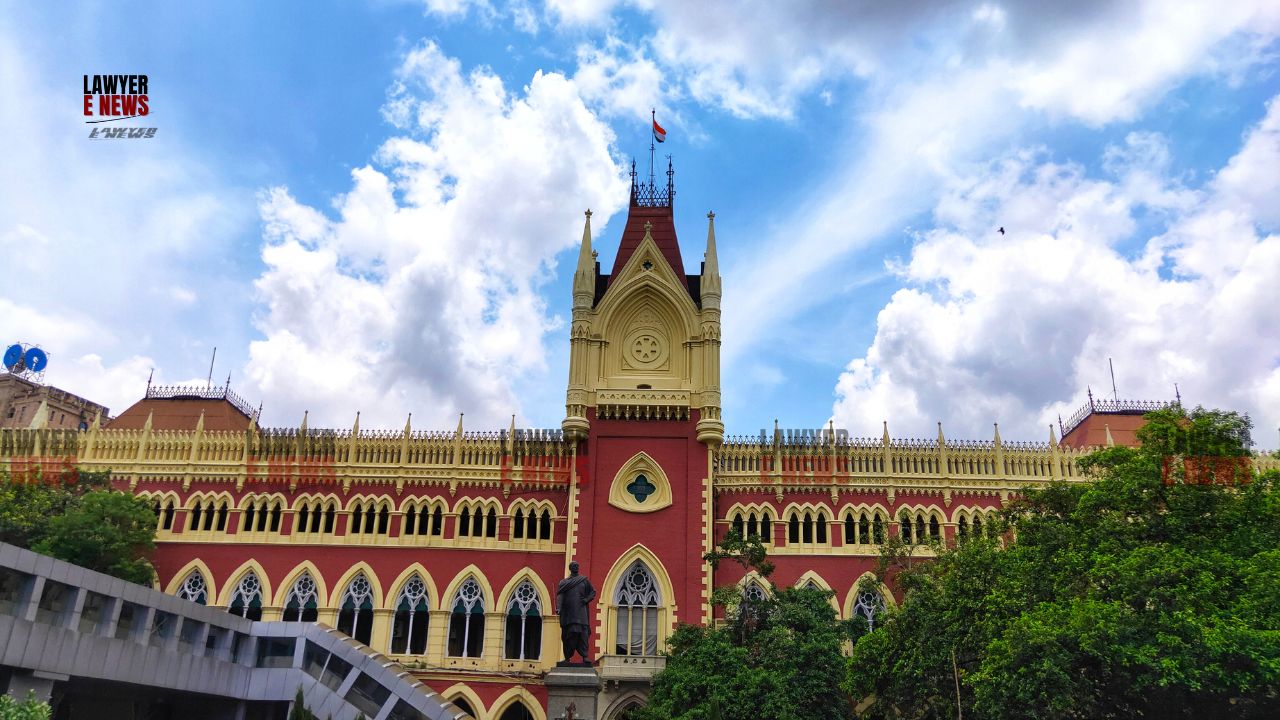-
by Admin
15 February 2026 5:35 AM



The Calcutta High Court has dismissed SRMB Srijan Limited's (SRMB) challenge under Section 34 of the Arbitration and Conciliation Act, 1996, seeking to set aside an arbitral award favoring Great Eastern Energy Corporation Limited (GEECL). The case stemmed from a dispute regarding a gas purchase agreement executed in 2011, where SRMB contested the Tribunal's findings on the Minimum Guaranteed Offtake (MGO) clause. Justice Sabyasachi Bhattacharyya ruled that SRMB's claim of a concluded contract waiving the MGO obligation was untenable and upheld the Tribunal's award, including damages of ₹585 crore against SRMB.
The dispute originated from a gas purchase agreement dated May 11, 2011, between SRMB and GEECL. Under the contract, GEECL was to supply coalbed methane gas to SRMB until April 2034. The agreement imposed an MGO obligation, requiring SRMB to either consume a specified minimum amount of gas or compensate for any shortfall by paying for the unconsumed gas. To secure this, SRMB provided bank guarantees.
In 2014, SRMB sought a waiver of the MGO clause, proposing an increase in the gas price by ₹5 per SCM. However, while SRMB contended that this resulted in a concluded agreement, GEECL disagreed, eventually leading to SRMB's termination of the agreement in July 2014, citing non-supply of gas. The dispute went to arbitration, where the Tribunal rejected SRMB's termination, upheld the contract's validity, and awarded damages to GEECL.
No Concluded Contract for Waiver of MGO: The High Court extensively reviewed the correspondence between SRMB and GEECL during April and May 2014. SRMB argued that the exchange of letters, particularly on April 24 and May 29, 2014, constituted a valid offer and acceptance for waiving the MGO clause. However, the court observed that GEECL’s letter dated April 24, 2014, was conditional, merely stating it “may” consider a waiver if SRMB agreed to the price increase.
Justice Bhattacharyya highlighted that SRMB’s subsequent letters on May 16 and May 19 explicitly repudiated the price increase, calling it unreasonable and seeking an unconditional waiver of the MGO clause. The court held that SRMB’s rejection of the essential condition of the price increase meant there was no binding agreement. By the time SRMB purported to “accept” the offer on May 29, the original offer had already been repudiated.
“The claimant’s letter on April 24 was not an unqualified offer. It was subject to further negotiation, and the petitioner’s subsequent letters clearly repudiated the essential terms, rendering the offer invalid by May 29,” the judgment stated.
Termination of the Contract: The court also rejected SRMB’s argument that its termination of the contract on July 7, 2014, was valid under Section 39 of the Indian Contract Act. Justice Bhattacharyya noted that SRMB’s termination was de hors the agreement's provisions, as GEECL had only suspended gas supply for three days following SRMB's failure to renew the bank guarantee, which was required under the contract. The court found that the suspension did not constitute a breach going to the root of the contract, as argued by SRMB.
“The suspension of gas supply for three days, following notice, was within the terms of the agreement. SRMB’s termination was unlawful as it failed to comply with the contractual provisions,” the court observed.
Damages and Loss Assessment: SRMB further challenged the ₹585 crore damages awarded by the Tribunal, arguing that GEECL did not suffer actual losses since it allegedly sold the gas meant for SRMB to third parties. However, the court upheld the Tribunal’s finding that GEECL had to flare a significant portion of the gas due to the contract’s termination, as corroborated by a 2017 order from the Competition Commission of India (CCI) and subsequent confirmation by the Delhi High Court.
The judgment noted, “The flare-up of 28.48% of gas produced in 2015-2016 is clear evidence of loss suffered by GEECL due to SRMB’s termination. The MGO clause was designed to mitigate such risks and ensure the sustainability of long-term contracts.”
Justice Bhattacharyya reiterated that the court, under Section 34 of the Arbitration and Conciliation Act, is limited in its ability to interfere with an arbitral award. Reappreciation of evidence or re-interpretation of contractual provisions is not permissible unless the award is found to be patently illegal or perverse.
The court emphasized that the Tribunal’s findings were based on a comprehensive appreciation of the correspondence, contractual provisions, and relevant legal precedents. It observed that the MGO clause is a standard provision in long-term gas supply agreements to ensure recovery of infrastructure costs, and its breach resulted in legitimate damages.
“SRMB’s arguments do not meet the threshold of patent illegality. The Tribunal’s interpretation of the contract and its assessment of damages are well within the scope of the law,” the judgment concluded.
The Calcutta High Court’s dismissal of SRMB’s petition underscores the sanctity of long-term supply agreements and the importance of adhering to contractual obligations like the MGO clause. By upholding the Tribunal's findings, the judgment reinforces the limits of judicial intervention in arbitral awards under Section 34. This decision is expected to strengthen the legal framework governing commercial contracts, particularly in the energy sector, where long-term commitments and infrastructure investments are critical.
Date of Decision: September 5, 2024
SRMB Srijan Ltd vs Great Eastern Energy Corporation Ltd
